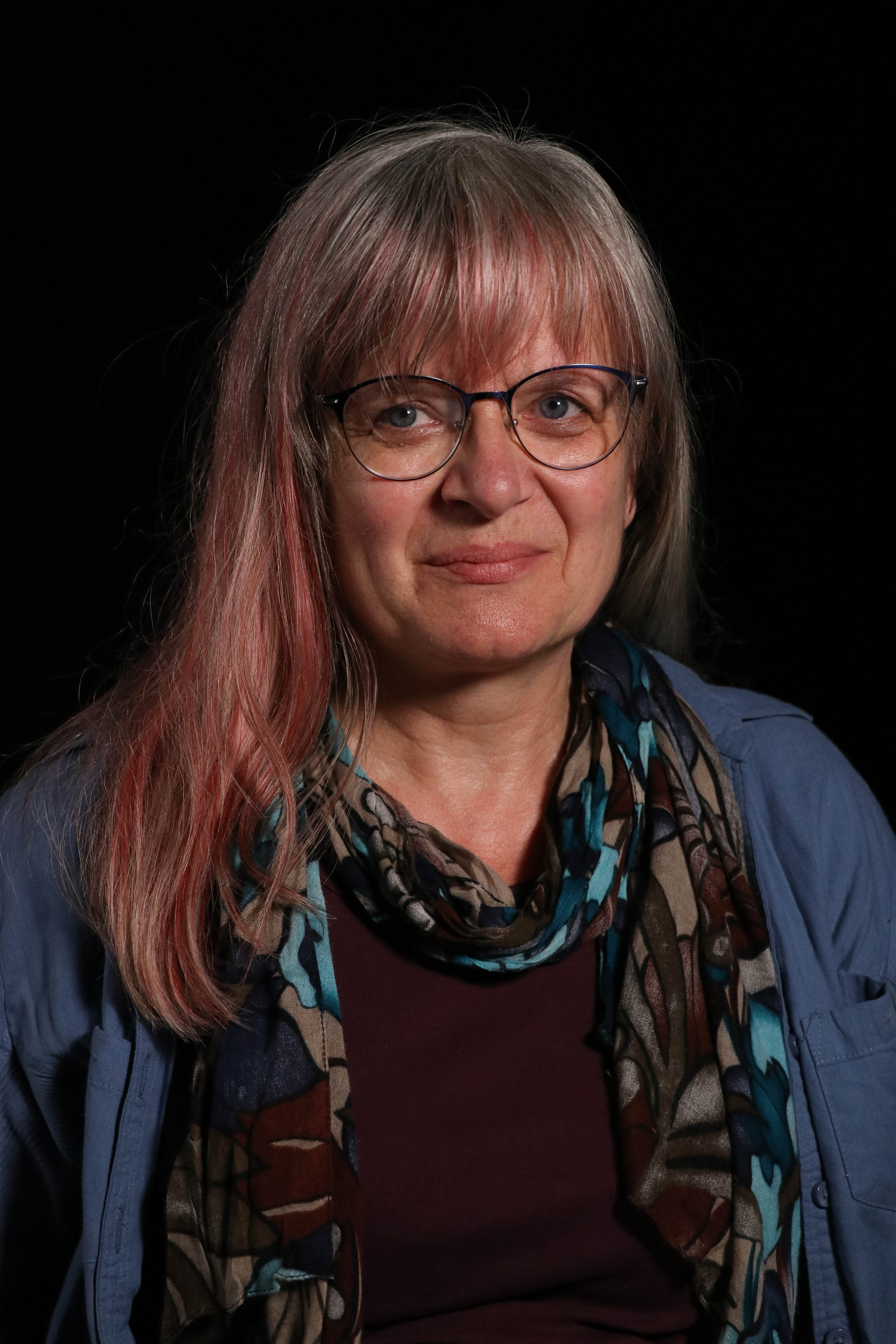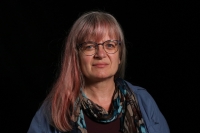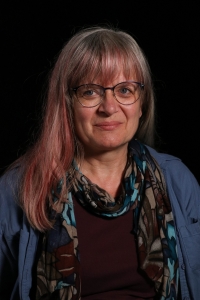How the rumor concerning the death of Martin Šmíd came into being. Do you believe her? - Why would she make up something like that?

Download image
Miroslava Tupá, née Litomiská, was born on 8 April 1963 in Prague. She came from a Protestant family, her maternal grandfather was a priest. She attended language school and graduated from grammar school. In the 1980s, she studied special education at a university. In 1989, she had been working as a teacher and an educator at a school for the visually challenged in Prague. Due to her contacts among Protestants she got involved in the dissident movement. On 17 November 1989, she took part in a protest in Prague, at Albertov and Národní Avenue, where she witnessed police action. Right after that, she met Drahomíra Dražská. Next to her, she saw a man who she would later identify – ‘with 80 percent certainty’ – as Ludvík Zifčák, a State Security officer. On Saturday, 18 November 1989, she learned from Drahomíra Dražská that during the police intervention at Národní Avenue, Martin Šmíd, a student, had died. On the same day in the evening, she witnessed Dražská assuring a couple of dissidents, Anna Šabatová and Petr Payne, that Martin Šmíd did indeed pass away. On Sunday, 19 November 1989, the State Security took her to Náměstí Míru for interrogation, together with Hana Marvanová and Anna Šabatová, but on the same day she was released. During the week after 17 November 1989, the State Security summoned her for interrogation regarding Martin Šmíd’s suspected demise, yet she refused to give a statement. She was interrogated twice even after the collapse of the totalitarian state – by the criminal police and the Military Prosecutor Office. In 2021, she had been living in Prague.

